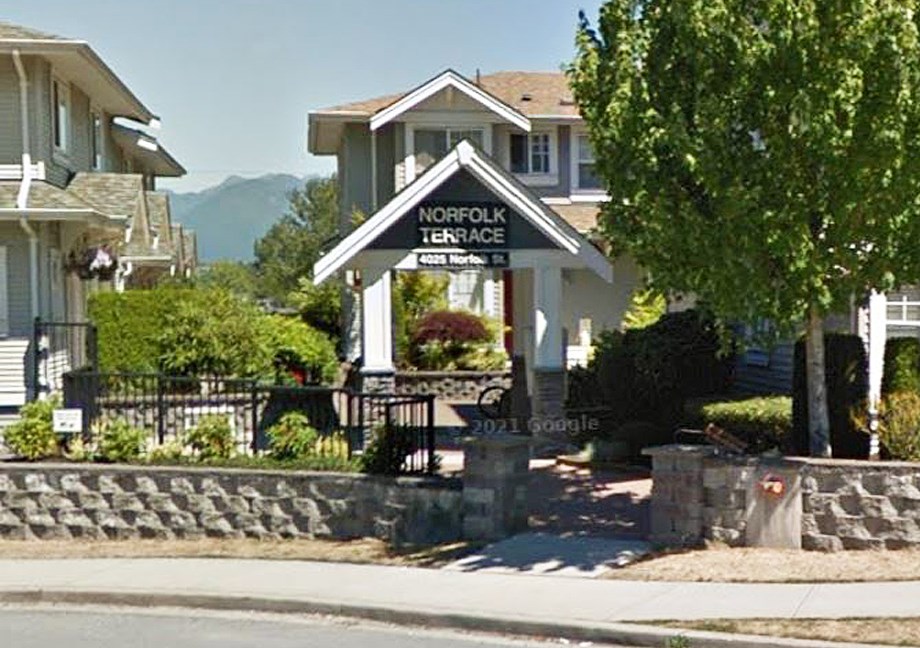A Burnaby strata owner has lost a bid to save a small spruce tree growing in front of her home.
Qian Wang, who owns a townhouse at Norfolk Terrace, told the province’s Civil Resolution Tribunal that she and her daughter enjoy the little evergreen, especially at Christmas, but her strata wants to cut it down because it was planted too close to a retaining wall and its roots will damage the common property, according to a tribunal ruling last week.
Wang said there are other trees planted close to retaining walls in the complex, and the strata hasn’t ordered them to be removed.
She also argued an arborist report she got found there was no reason to cut down the tree for at least five years, and she said she has told the strata she would take responsibility for damage caused by the tree’s roots.
But the strata obtained its own arborist report that found the likelihood of the tree causing some type of property damage over the next five-year period was “probable” and root system “may” interfere with the retaining wall within that time.
In its submissions, the strata also noted it had told Wang she could relocate the tree to a “very large planter offered by the strata” in “the same or a similar location,” according to the ruling, but Wang had rejected the offer.
Not only did the strata argue it should be able to cut down the tree, it launched a counterclaim saying Wang should pay for the removal.
Tribunal vice chair Garth Cambrey rejected that claim, ruling the strata was responsible for maintaining common property.
Despite the tree having been planted without permission by a previous owner, Cambrey ruled it was common property.
As such, he found it was the strata’s responsibility.
“Given the tree is the strata’s responsibility, I find it has discretion to determine how best to maintain it, keeping in mind it must exercise its discretion for the benefit of the greatest number of owners,” Cambrey said. “Here, I find avoiding damage to other common property, such as the retaining wall, would accomplish that.”
Cambrey declined to rule on allegations of harassment in the case.
The strata claimed Wang had harassed its caretaker, while Wang claimed it was the other way around, but Cambrey said harassment was outside of the tribunal’s jurisdiction unless there was a strata bylaw was involved.
Cambrey ultimately dismissed Wang’s claim and ruled the strata could remove the tree at its discretion.
He ordered Wang to pay half the cost of the strata’s arborist report ($211.31) and its tribunal fees ($62.50).
The CRT is an online, quasi-judicial tribunal that hears strata property disputes and small claims cases.
Follow Cornelia Naylor on Twitter @CorNaylor
Email cnaylor@burnabynow.com



